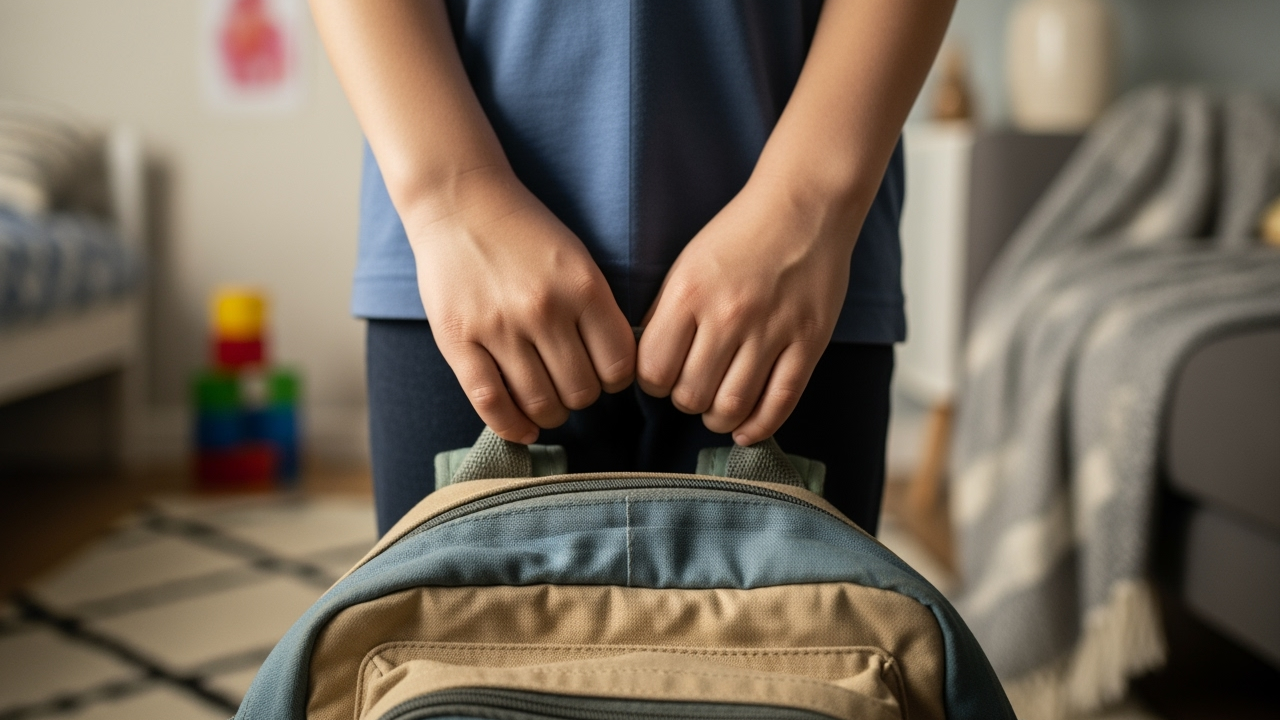What Your Child Really Feels During Co-Parenting Transitions (And How to Help)
Sep 16, 2025
Most co-parents spend a lot of time focusing on parenting plans—drop-off times, school schedules, pickup logistics, court language.
But your child isn't thinking about the schedule. They're feeling the energy.
The Hidden Emotional Impact of Co-Parenting Transitions
Children of divorce feel:
the tension in your tone,
the silence that follows a disagreement,
the unease when one home becomes a courtroom,
the pressure to choose sides without ever being asked to.
And the truth is—your child is watching, listening, and absorbing it all during every custody transition.
Signs Your Child Is Struggling with Home Switches
🚦The Transition Moment Is a Turning Point
Every time your child moves between homes after divorce, they're navigating more than geography. They're crossing emotional borders.
They might think: "Am I allowed to be excited to see Mom without making Dad sad?" "What if I forget my homework—will they fight about it again?" "Why do I feel nervous when I pack my bag?"
If custody transitions feel unpredictable or emotionally charged, children often go into emotional self-protection mode. That might look like:
- shutting down,
- becoming "super helpful,"
- avoiding eye contact,
- or internalizing co-parenting stress they don't know how to name.
3 Ways to Create Emotional Safety During Transitions
🛠️ What Divorced Parents Can Do Differently Today
As a BeH2O® Coach, I often say:
"It's not about being perfect. It's about being predictable."
Here are 3 ways to help your child feel emotionally safe during co-parenting transitions:
1. Create a ritual. A calming goodbye or welcome can anchor the moment. ("You're loved in both homes. I'll see you soon.")
2. Keep tone neutral. Even if you're upset with your co-parent, your child should never feel like the messenger or referee.
3. Revisit your "why." You're not parenting for the past. You're building your child's future. Let that guide your energy.
Frequently Asked Questions About Custody Transitions
Q: How do custody transitions affect children emotionally? A: Children often experience anxiety, loyalty conflicts, and emotional overwhelm when switching between homes, especially if there's tension between parents.
Q: What are signs a child is struggling with co-parenting transitions? A: Watch for behavioral changes like withdrawal, regression, difficulty sleeping, or reluctance to switch homes.
Q: How can divorced parents make transitions easier for children? A: Focus on creating predictable routines, maintaining neutral communication, and prioritizing your child's emotional safety over logistics.
💬 Reflection Question:
What would your child write in a journal about switching homes? And what could shift—starting with you—so that story ends with peace?
You can't control everything. But you can create emotional shelter for children of divorce.
And that's enough to change everything
Ready to transform your co-parenting transitions? Book a Free BeH2O® Strategy Session and discover how to create emotional safety for your child during home switches
Cooperative Coparenting Is Possible!
Get started today by downloading my Coparent Communication Essentials.


